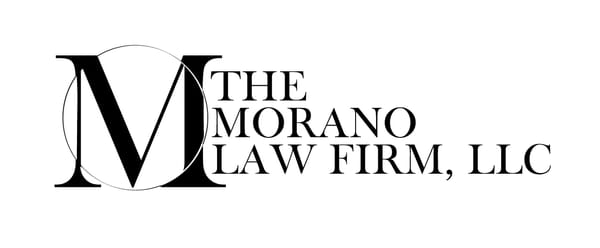If you or someone you know was injured on another person’s property you may have a premises liability claim. If you are interested in bringing a premises liability claim consult call the Morano Law Firm at 201-598-5019 or email us at [email protected].
Premises Liability
Individuals that are injured on another’s property may have a premises liability claim against the landowner. New Jersey courts determine the  duty of care of a landowner based on the totality of the circumstances. To determine if a landowner has a duty of care and is liable for the injury four factors are looked at:
duty of care of a landowner based on the totality of the circumstances. To determine if a landowner has a duty of care and is liable for the injury four factors are looked at:
- The relationship of the parties;
- The nature of the attendant risk;
- The opportunity and the ability to exercise care; and
- The public interest in the proposed solution
1-2 LexisNexis Practice Guide NJ Personal Injury § 2.27
When determining the liability of the landowner for injuries sustained on their property, of the four factors, the primary factor that courts look at is the relationship of the parties, that is, the injured person’s status on the property. The person’s status is classified as an invitee, licensee, or trespasser. Landowner’s owe different duties of care to individuals on their property depending on the individual’s status.
Status of Party
Invitees are people that are invited, either explicitly or implicitly, by the landowner as a member of the public for a purpose for which the land is held open to the public. An example of an invitee would be a customer in a store.
Licensees are also people that have permission from the landowner to be on the property, but licensees do not include the people that are there to convey only economic benefits on the landowner. Licensees tend to be social guests.
Trespassers are people that are on the property without the landowner’s permission.
Duty Owed
Landowners owe invitees a general duty of reasonable care, meaning that the landowner has to protect an invitee from injuries caused by conditions that the landowner knows, or through reasonable care should have known involve an unreasonable risk of harm.
Licensees are owed a lesser a duty of care than invitees. Landowners have to warn licensees of nonobvious dangers that the landowner knows about, in other words, the landowner only has to use reasonable care to prevent foreseeable harm.
Although trespassers are on the property without permission from the landowner they are still owed a limited duty of care. In general, the landowner only has to warn trespassers of known artificial conditions on the property that create a risk of death or serious bodily harm. Landowners may be liable to trespassers for injuries caused by an artificial condition on the land if:
- The landowner is aware that trespassers go onto the land;
- The landowner does not use reasonable care to warn trespassers of the condition and the risk involved; and
- The condition is
- One that the landowner created or maintains;
- The landowner knows is likely to cause death or serious bodily harm to such trespassers; and
- Of such a nature that the landowner has reason to believe that such trespassers will not discover it
1-2 LexisNexis Practice Guide NJ Personal Injury § 2.27
Thus, if you or someone you know was injured on another person’s property you may have a premises liability claim. If you are interested in bringing a premises liability claim consult with the Morano Law Firm.

